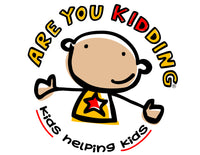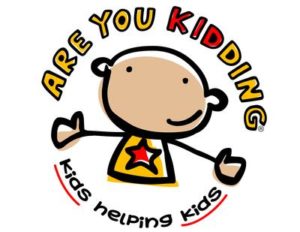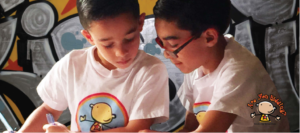Jack Kim a high school student from Seattle, Washington goes to school during the day and by all means is a normal high school student. With a little help from some of his friends, he started Benelab. A non-profit search engine that donates the revenue, from advertising, to charities. Kim joined forces with six other high school students this past summer, now they have expanded to 12 members. His focus is involving high school students after instituting a no adult rule.
 Kim is motivated by the idea of helping people and finding unique ways to do it. This is the first completely non-profit search engine, which is why it is so innovative. Kim and friends realized that the best way to learn was outside of the classroom, by gaining world experience.
Kim is motivated by the idea of helping people and finding unique ways to do it. This is the first completely non-profit search engine, which is why it is so innovative. Kim and friends realized that the best way to learn was outside of the classroom, by gaining world experience.
Kim made sure to focus his target market on students and the younger generation. This sets him apart from many entrepreneurs who aim to get as much traffic as they can rather than a specific market. They realized that young people care a lot about charitable causes.
Starting Benelab wasn’t easy spending just $1500 in the process. Although ran by broke high school students Benelab isn’t about the big money for Kim. They donate 100% of their revenue and are way more crowd-source oriented than their competitors. They also have their own technology behind the search functionality. Benelab is completely volunteer run as well. Even though people doubted them and said they couldn’t do it; Kim showed them that even 6 high school students from Seattle can make a difference.






